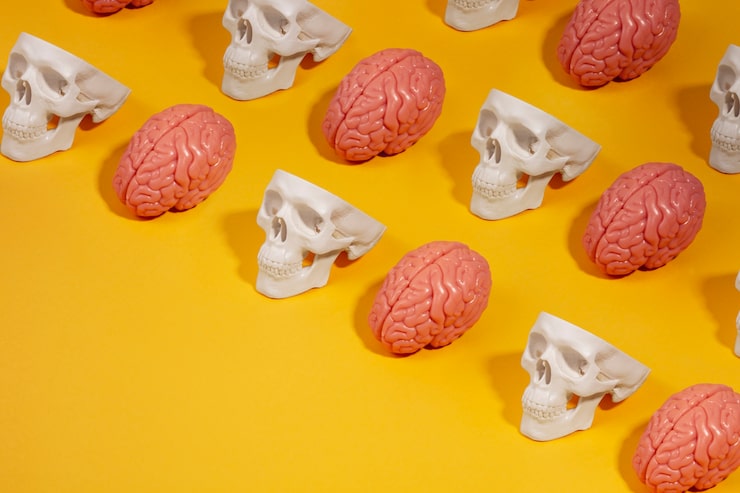The brain is well protected, but it isn’t immune to injury. Car crashes, falls, or contact sports can all cause brain damage if the skull takes a hard hit. The good news is the brain can recover, but prompt first aid and medical care are essential. Depending on the injury, you may need lots of rest, rehabilitation, and in some cases relearning basic skills like speech or walking. Beyond working with a trusted specialist, there are practical steps that can help speed recovery.
1. Know which part of your brain was hurt and what that affects
Different brain areas control different functions—speech, thinking, movement, body systems, and more. That’s why serious head injuries often require several specialists. For example, an injury at the back of the head can damage the cerebellum, which helps with balance, posture, and coordination—so you might struggle to keep your balance or move smoothly. An injury at the front of the head can affect the frontal and parietal lobes, which handle thinking, planning, short-term memory, and sensing touch or temperature—so you might notice changes in those abilities.

2. Keep a healthy sleep routine
Sleep is vital for brain repair. While you sleep, the brain strengthens important neural pathways and builds new ones based on what you did during the day. Sleep also helps with learning and forming memories, and it appears to allow the brain to do “housekeeping” that leaves you feeling refreshed after rest.
3. Return to normal activities slowly
If your doctor clears you to resume regular activities, take it slow. After a period of rest, jumping back into everything at once can shock your recovering brain. Follow your doctor’s guidance and ease back into daily life step by step.
4. Eat to support brain recovery
A balanced diet gives your brain the nutrients it needs. Foods like blueberries and omega-3–rich fish help brain health. Fruits high in vitamin C—kiwi, tomatoes, oranges, strawberries—can protect brain cells, and some studies suggest vitamin C may lower age-related decline. Leafy greens (kale, broccoli, spinach) provide vitamin K and other nutrients that reduce inflammation and support brain cell structure. Try to avoid diets high in refined foods, saturated fats, sugary items, and sugary drinks—these can harm overall health and may increase the risk of mood problems. A varied, nutrient-rich diet helps your body rebuild and supports smoother recovery.
5. Keep in regular contact with your doctor
Brain recovery can take time, so continue follow-up care even after you return to work. Talk to your doctor before trying new recovery strategies, including those listed here. Every injury and every person is different, so checking with your healthcare provider helps avoid actions that could make things worse.